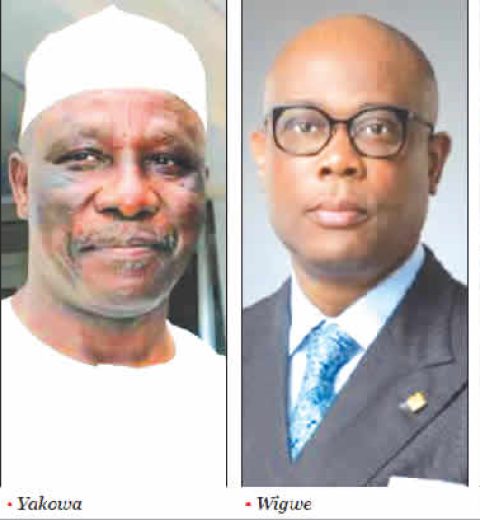The Nigeria Labour Congress (NLC) contends that the hike in electricity tariffs exacerbates inflation and insists that the recent increment imposed by the Nigerian Electricity Regulatory Commission (NERC) and distribution companies in the nation should be promptly reversed.
“Contrary to popular belief, the issue of tariff increase is influenced by inflation and currency value,” stated NLC President Joe Ajaero during an appearance on Channels Television’s The Morning Brief show on Tuesday.
“NERC considers these two significant factors when determining tariff hikes. Unbeknownst to NERC, each tariff increase triggers further inflation, prompting another demand for tariff hikes within a short period. This cycle continues unchecked.”
On April 3, 2024, NERC implemented a tariff hike for customers receiving 20 hours of daily power supply, classified under Band A. This adjustment raised the cost to N225 per kilowatt-hour from the previous rate of N66. The move has faced significant backlash from many Nigerians, particularly due to the suddenness of the increase and the prevailing economic challenges in the country.
In response to the public outcry, NERC directed distribution companies to reduce the electricity tariff by 8.1% for customers in the Band A category. Despite this adjustment, the discontent among many Nigerians continued, with calls for a complete rollback of the tariff increase. The Nigeria Labour Congress (NLC) and the Trade Union Congress (TUC) further intensified their protest by picketing NERC offices and distribution companies on Monday, reaffirming their demands.
Labour unions staged a protest at the headquarters of the Nigerian Electricity Regulatory Commission in Abuja on Monday, May 13, 2024, demanding the reversal of the electricity tariff hike. A photo captured by Channels Television’s Taiwo Adeshina depicted the scene.
During an appearance on Channels Television’s program on Tuesday morning, Ajaero criticized the recent trend of NERC engaging in what he termed as the “politics of reduction.” He expressed strong opposition to reducing tariffs after implementing hikes, insisting that NERC and distribution companies must first revert the tariffs to previous rates before engaging in negotiations with labor unions and other stakeholders to chart a mutually acceptable path forward.
Ajaero also questioned the government’s sudden mention of trillions of naira in subsidies for the power sector post-privatization, highlighting the absence of such subsidies before privatization. He asserted, “The investors they brought in initially, and I say this unapologetically, were not the right investors with the technical competence and managerial ability to attract foreign direct investment. After 12 years of privatizing the sector, there has been no significant foreign direct investment.”
The head of the NLC remarked that due to the prolonged nature of investment in the power sector, prioritizing long-term benefits over immediate profit is a common practice worldwide. He emphasized that in the development of the sector, it is typically the responsibility of the government to take the lead, rather than burdening the poorer segments of society.
Ajaero stressed the importance of scrutinizing the government’s decision to withdraw from the sector, questioning the rationale behind privatization. He raised concerns about the initial sale of the sector, highlighting that the Nigerian state had invested approximately N2 trillion in the sector after it was sold for N400 billion.
Labour leaders Festus Osifo (second from the left) and Joe Ajaero (second from the right) were pictured at the 2024 Workers’ Day celebration in Abuja.
In recent weeks, prices of food and essential commodities have skyrocketed, exacerbating one of Nigeria’s most severe economic crises. This crisis has been triggered by the government’s concurrent policies of removing petrol subsidies and unifying forex windows.
According to the National Bureau of Statistics (NBS), Nigeria’s inflation rate surged to 33.20% in March 2024, compared to February 2024’s headline inflation rate of 31.70%. The March 2024 inflation was primarily driven by increases in food prices such as garri, millet, yam, and bread, as well as rising energy and housing costs.
Organized Labour has consistently argued that Nigerians cannot endure additional hardship with the recent electricity tariff hike, especially when the cost of living has soared. Labour also maintains that the administration of President Bola Tinubu must approve a new minimum wage of ₦615,000, as the current ₦30,000 wage is deemed grossly insufficient.
For more trending news,visit..lagosstate.com




